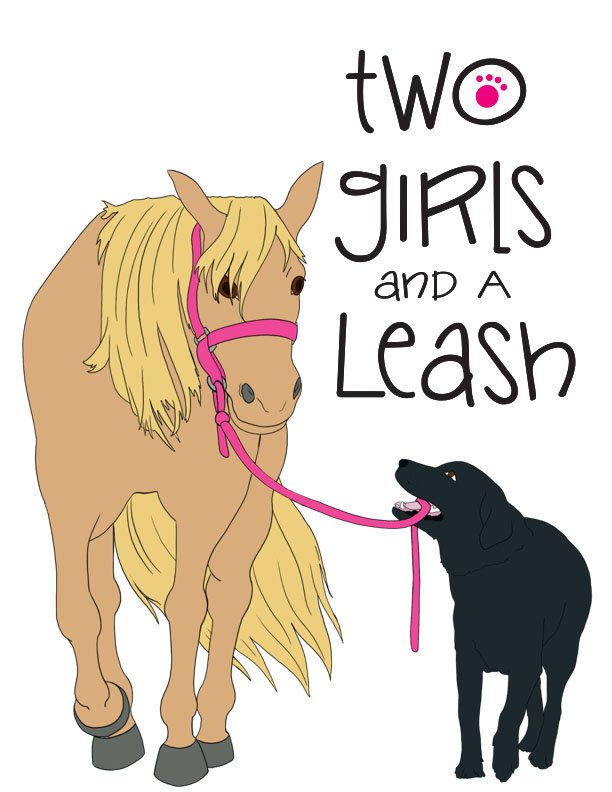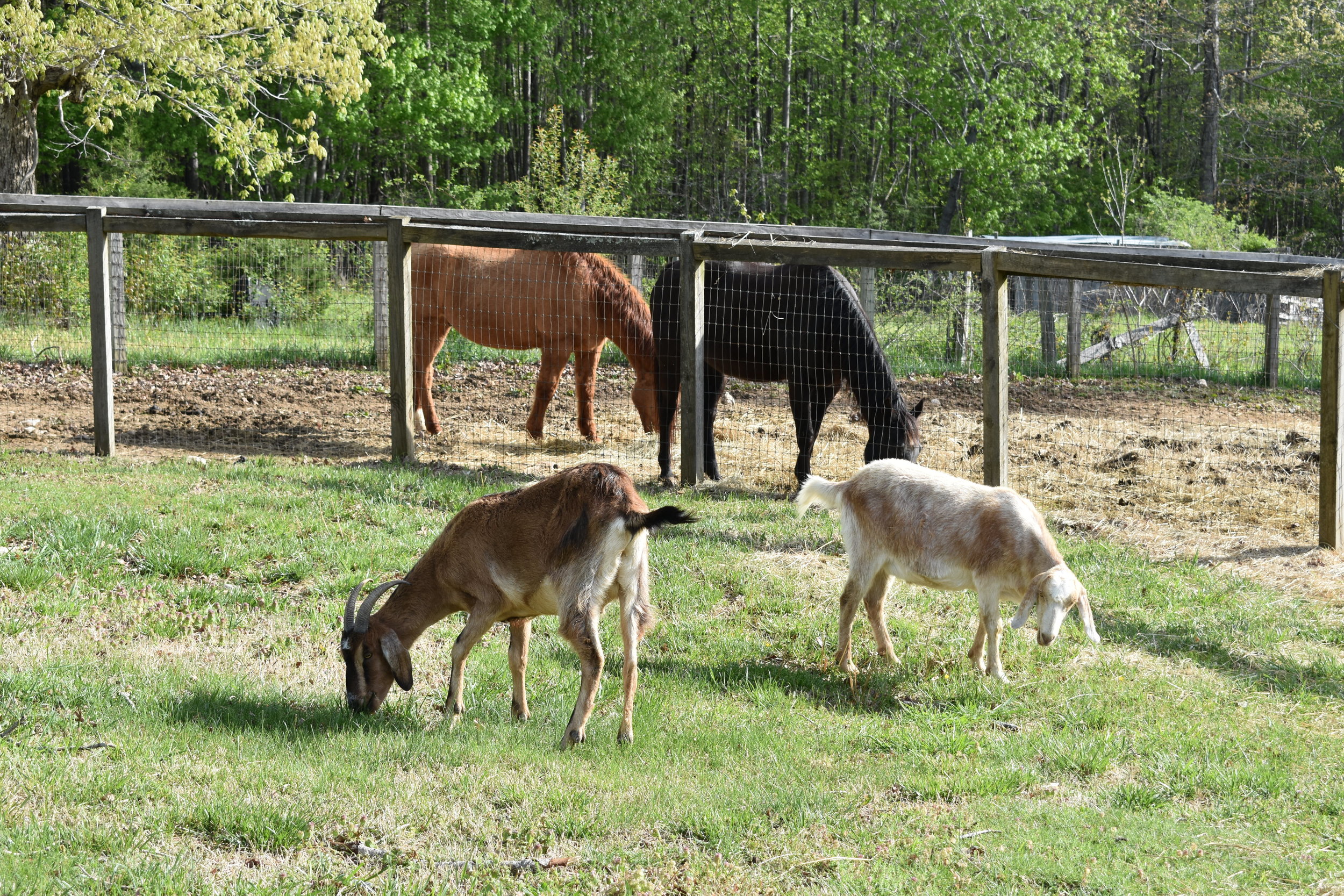Professional Farm Sitters Provide Quality Farm Care
Having a small farm to run is like having a second job. There is always something to do. Mowing, weed whacking, fence repair, water troughs to clean, stalls to muck, and riding arenas to drag are just a few examples. The list is never ending. Many small horse farm owners also work outside the home. Having horses or other livestock on a regular feeding schedule can limit the small farm owner’s social life or time away to relax. Farm sitters have been the answer for many farmers.
Farm Sitters: Taking Care of Animals
If you are small farm owner, then you know that finding someone to mind your farm while you are away is not something to be considered lightly. Horses and other livestock such as goats, pigs, and chickens are not like house pets. But, they also need to be treated respectfully. You want to have someone with experience and someone that you trust. Just as you would for a pet sitter.
Unlike indoor pets, many factors apply to caring for outdoor animals that the farm sitter must have an awareness of. The primary thing to be considered is the weather. Water, food and shelter all are dependent somehow on what the weather decides to be.
Water consumption varies from season to season, whether or not there is free salt access, or electrolytes added to the regimen. If the weather is very cold, is there a de-icer in the water trough? Are hoses detached and drained so as not to freeze up the pump? Any farm owner can cite a time that this was overlooked, thus having to haul water buckets from the house! Farm care can be made even more strenuous by omitting any steps. Good farm sitters understand how important procedures are.
Access or restriction to food varies from animal to animal. Easy keeper horses can get too much grass in the warmer months. Supplementing forage in the colder months is important to keep animals from being hungry or bored.
A place to escape the heat or precipitation is important. These shelters and also the fencing must be inspected to ensure they are safe. Some horses are on a blanketing schedule.
In addition to the outdoor animals’ feeding and blanketing schedule, there are chores to be performed. Cleaning stalls, mucking paddocks and pens, scrubbing and filling water buckets, and gathering eggs are all part of some daily farm chores. Are you expecting your farm sitter to operate machinery? If the farm sitter will be operating machinery, you want to go over exactly how the equipment operates to ensure the farm sitter’s safety. All farm sitters do not necessarily know how to use all types of farm equipment. Still, this is another reason you should make sure your chosen farm sitters are bonded and insured.
Basic knowledge of what to look for when an animal is sick or injured is a definite plus, if not a must when considering who to use for farm sitting. Is the horse kicking at a fly or is it acting colicky? Do piles of manure look normal? Is the chicken ill or broody? Having a good veterinarian, who is aware of the farm owner’s absence and knows who is caring for the animals is important as not to delay any veterinary care that may be needed.
Farm Sitters Can Take of the Household
The farm sitter may also be expected to water plants and care for indoor pets in addition to caring for the farm animals. It’s no wonder that small farm owners find it difficult to get away for any length of time to relax and rejuvenate! And you can see why they would need to!
Although it is natural for those who own and operate a small farm on a daily basis to worry about their animals while they are away, farm sitters who are knowledgeable and who are supplied with an arsenal of names to call, such as a veterinarian, farrier, machinery repairman and handyman make it easier to relax while away from home.


